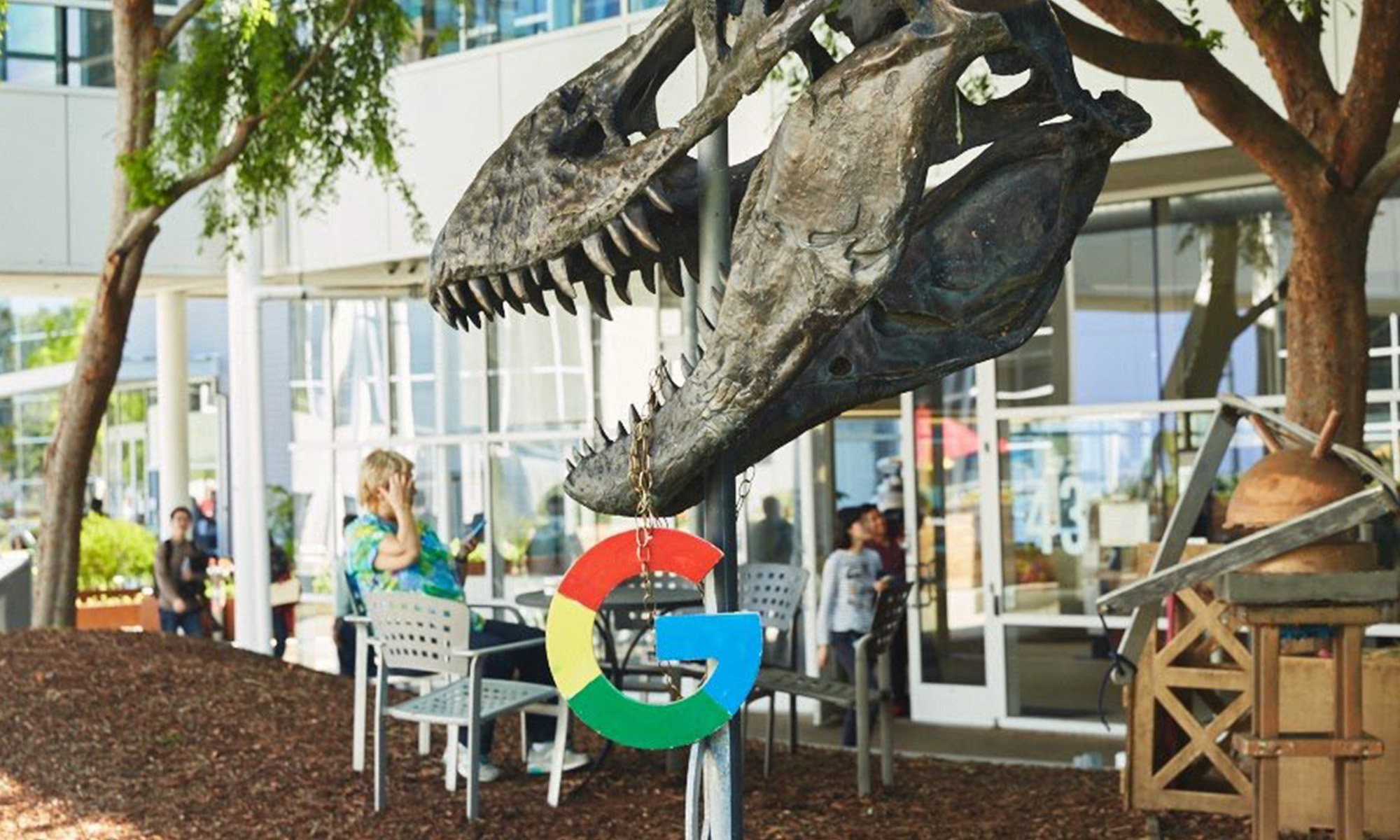Technology is always changing. Many of the hot new technologies of the past look like ancient relics now. Think two-way pagers, Palm Pilots, and iPods.
This fast rate of change makes it difficult to find tech stocks that you can buy and hold for a long time. However, I think two tech stocks are no-brainers to own over the next decade.

Image source: Getty Images.
1. Alphabet
Artificial intelligence (AI). Autonomous vehicles. Quantum computing. Those are three technologies that could be highly disruptive, and highly lucrative, over the next 10 years. And I can think of one company that's a leader in each area: Google parent Alphabet (GOOG 0.12%) (GOOGL 0.16%).
Alphabet has been a top AI pioneer for years. Google researchers developed the "T" in ChatGPT -- a transformer architecture for AI models. Google Gemini 2.5 Pro is ranked by multiple AI leaderboards, including Chatbot Arena, WebDev Arena, and LMArena, as the best large language model (LLM). I'll be shocked if Alphabet isn't still one of the biggest AI winners one decade from now.

NASDAQ: GOOGL
Key Data Points
The company's Waymo unit is the leader in autonomous ride-hailing services (robotaxis). Waymo currently serves Los Angeles, Phoenix, San Francisco, Atlanta, and Austin, with plans to expand soon into Miami and Washington, D.C. Its technology has had 88% fewer crashes with serious injuries than human drivers. I predict that Waymo will be a huge moneymaker for Alphabet over the next few years.
Google is racing several rivals in the quantum computing space. However, it has already achieved significant advances in quantum error correction, a key step toward building large-scale, useful quantum computers. Although it's too early to know whether or not Google will be the biggest winner in quantum computing, the technology presents a huge opportunity for the company over the next decade.
But what about regulatory challenges to Google's business and the threat AI poses to Google Search? Those are legitimate concerns. However, I wouldn't bet against the company's ability to survive and thrive despite antitrust actions. I also think Google's efforts to adapt AI into its search engine have gone well so far.
2. Meta Platforms
Anyone who thought Meta Platforms' (META 0.88%) social media platforms wouldn't have staying power has been proved wrong. As of the first quarter of 2025, an average of 3.43 billion people used the company's Facebook, Instagram, Messenger, and WhatsApp applications at least once per day, up 6% year over year.
That's a massive audience advertisers want to reach. Meta also offers these advertisers a lot of flexibility to target the specific kinds of customers that are most likely to want to buy their products and services.

NASDAQ: META
Key Data Points
AI is helping Meta help advertisers even more. The company's goal is to enable a business to state its objective and how much it's willing to pay, and then let Meta's AI handle creating ads and developing a targeted advertising campaign. I expect this initiative will boost Meta's profits significantly over the coming years.
Business messaging powered by AI presents another tremendous opportunity for Meta. More than 3 billion people use WhatsApp each month, with more than 1 billion people using Messenger each month. In addition, the number of messages sent daily on Instagram is roughly the same as on Messenger. Businesses in developing countries such as Thailand and Vietnam already heavily use Meta's messaging apps to contact customers. AI should enable the costs to come down so that businesses in the U.S. and other developed nations to do the same.
I'm probably most excited, though, about Meta's advances in AI devices. The company's Ray-Ban Meta AI glasses have been a hit. Meta CEO Mark Zuckerberg views glasses as "the ideal form factor for both AI and the metaverse." I agree. It will be interesting to watch how this market plays out for Meta. My hunch is that the company will make a lot of money from AI glasses over the next decade.






